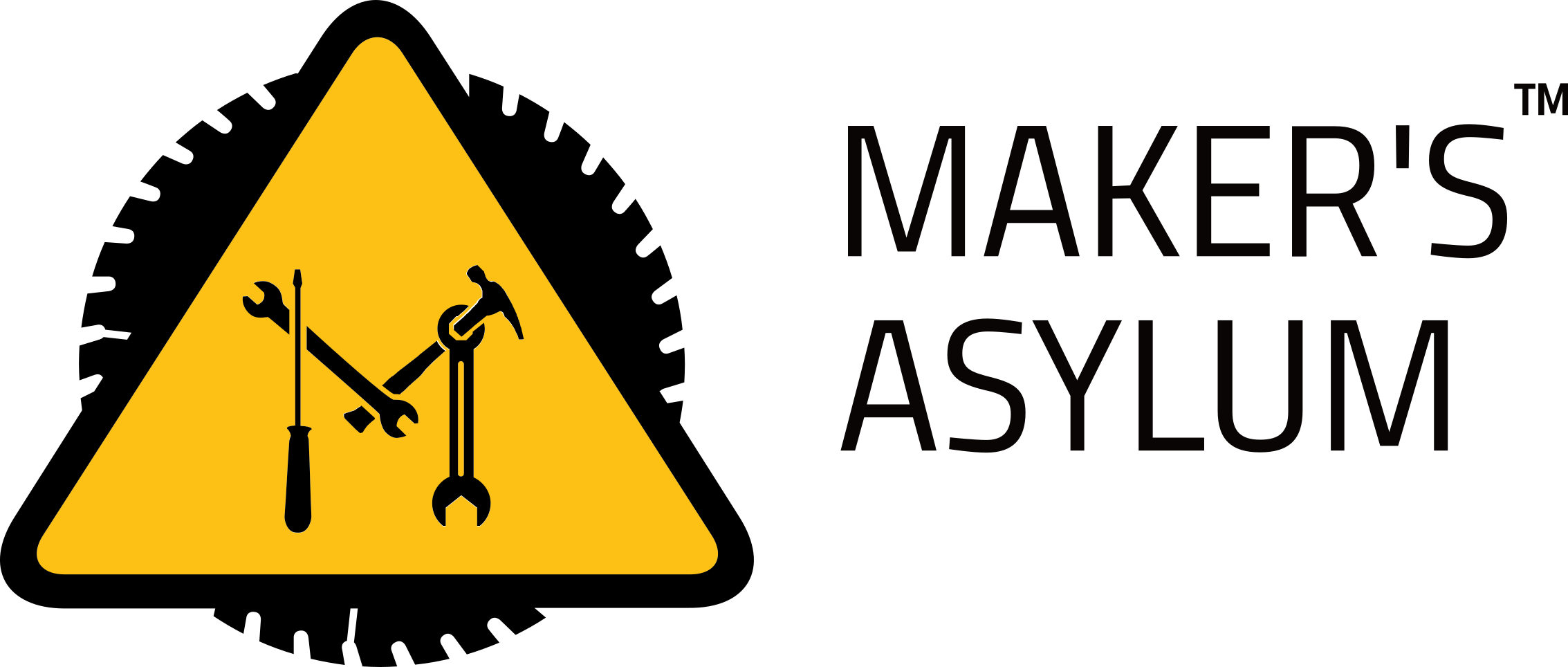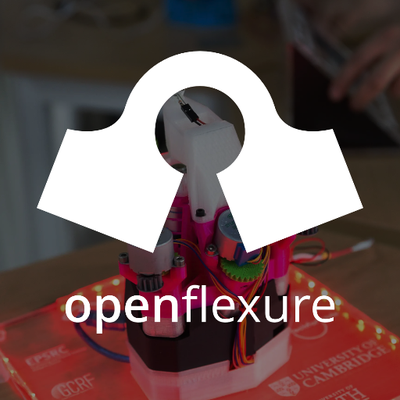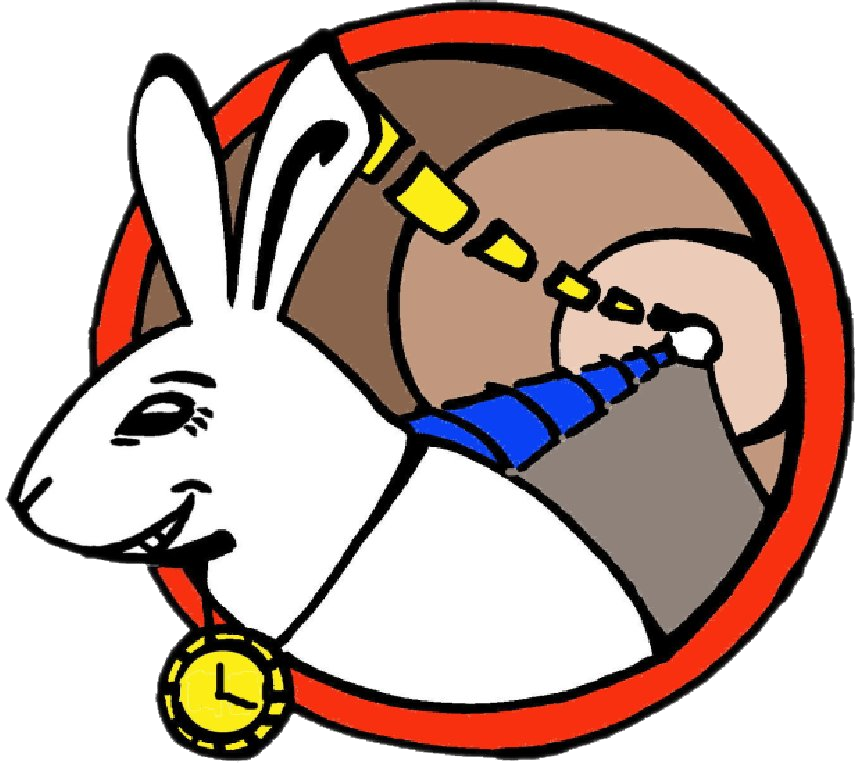M19 Oxygen Concentrator
Interview: M19 Oxygen Concentrator Vaibhav Chhabra organised the development of an oxygen concentrator during the Covid19 pandemic. The present version is called M19 Oxygen Concentrator. by the Open make team, Vaibhav Chhabra. Copyright to the authors, distributed under a CC-BY 4.0 licence. Sections: The project The hardware The research outputs The participants Banner image: maker’s asylum logo Interviewee: Vaibhav Chhabra Interviewers: Robert Mies (TU Berlin) & Moritz Maxeiner (FU Berlin)






